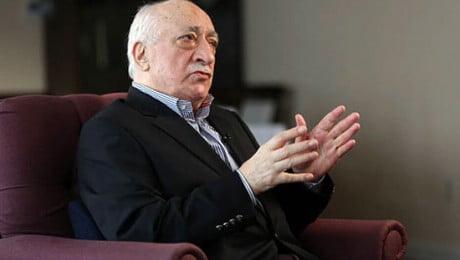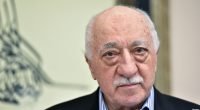Keyword: Hizmet (Gulen) movement

Questions we dare not ask: Gülen and the coup
Gareth Jenkins once criticized Turkey’s infamous Ergenekon indictments on the grounds that they were “products of ‘projective’ rather than deductive reasoning, working backwards from the premise that the organization exists to weave unrelated individuals, statements and acts into a single massive conspiracy.” Other than being a far more extreme example of “projective” rather than “deductive” reasoning, how is the Turkish government and its media’s attempt at connecting Turkey’s failed coup with Fethullah Gülen and the Hizmet movement he inspires any different?

Erdoğan confesses anti-Gülen witch-hunt has gone off track
Despite Gülen and the movement having denied the accusation and calling for an international investigation, Erdoğan — calling the coup attempt “a gift from God” — and the government launched a widespread purge aimed at cleansing sympathizers of the movement from within state institutions, dehumanizing its popular figures and putting them in custody.

Why on earth does a Hizmet follower flee Turkey?
What follows is a translation of a recently-received one in which a family, sympathizer of the Gulen Movement, a.k.a. Hizmet, talk over their experience in leaving the country. Most of the credit go to the Samanyolu Haber for publishing the story that sheds light on personal stories in what many call Turkish brain drain, on September 6.

Istanbul police display hundreds of books among evidence of ‘terror’
Police seized Gülen’s 1,500 books; 24 CDs featuring Gülen’s speeches; TL 435,200 ($148,000) along with $99,200 and 700 euros; several laptops; two guns and some digital data, during operations targeting the alleged terrorist network of the movement.
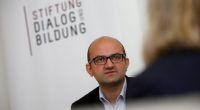
Tensions rise in Germany’s Turkish diaspora, mirroring splits in Turkey
The group has been active in Germany for many years, operating 150 tutoring centres in the country, 30 government-recognised schools and a dozen interfaith dialogue projects. It has long been seen as a moderate Islamic group although it has faced criticism over a lack of transparency.

Erdogan purge far worse than the McCarthy era
What is happening in Turkey right now makes the McCarthy era in the US look like a picnic. When communists were targeted under McCarthyism they were blacklisted; hundreds were jailed, and many were compelled to leave the country. In Turkey it is not communists, but Gulenists. Anyone remotely associated with the Gulen movement is being rounded up and jailed – not by the hundreds, but by the tens of thousands.

Minister: Turkey confiscated $4 bln worth of Gülenist property
Some TL 12 billion (about $4 billion) in property has been transferred to the Treasury as part of an investigation into the Gülen movement, said Minister for Environment and Urbanization Mehmet Özhaseki on Thursday. Immediately after the putsch, the government along with Erdoğan pinned the blame on the Gülen movement without credible evidence.
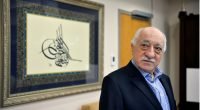
Turkish prosecutor says Gülen movement founded by CIA!
A Turkish prosecutor in İzmir, investigating the financial links of the Gülen movement, which is inspired by the views of US-based Turkish Islamic scholar Fethullah Gülen, has claimed that the organizational structure of the group is the same as that of the Mormon Church and the Church of Scientology in the United States and that all three groups were founded by US intelligence agency the CIA.

Stuttgart police: ‘Boycotts of Gülen-friendly shops are potential hate crimes’
Police in Germany are investigating whether calls to boycott shops owned by supporters of the self-exiled Turkish cleric Fethullah Gülen constitute hate crimes. There are currently 15 open investigations. Police in the southern German city of Stuttgart said Wednesday they were investigating calls to avoid patronizing Gülen-friendly stores, shops and restaurants as potential hate crimes.

Erdogan’s purges reach heart of Europe as Gulenists in Germany say they are being spied on
With its leafy playing fields and historic buildings on the site of a former British army barracks, the Wilhelmsdtadt School in the Berlin suburb of Spandau could easily be mistaken for a English boarding school.
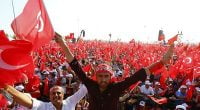
How the fallout from Turkey’s coup attempt has been felt in South Africa
In the late evening of Friday, July 15, word spread across the world that a coup was under way in Turkey. The president was missing, the military announced it had taken control of the country, and a few hours later, in the early hours Saturday morning, the coup was over.

